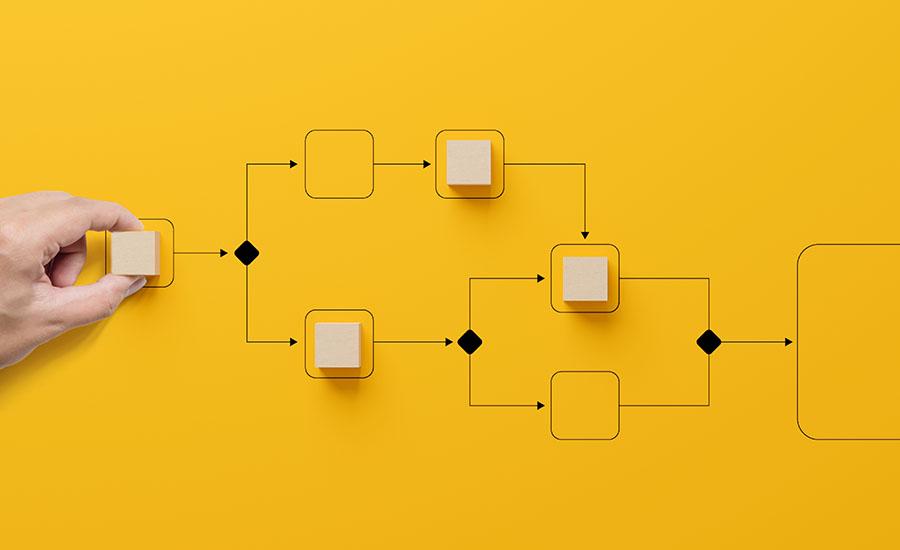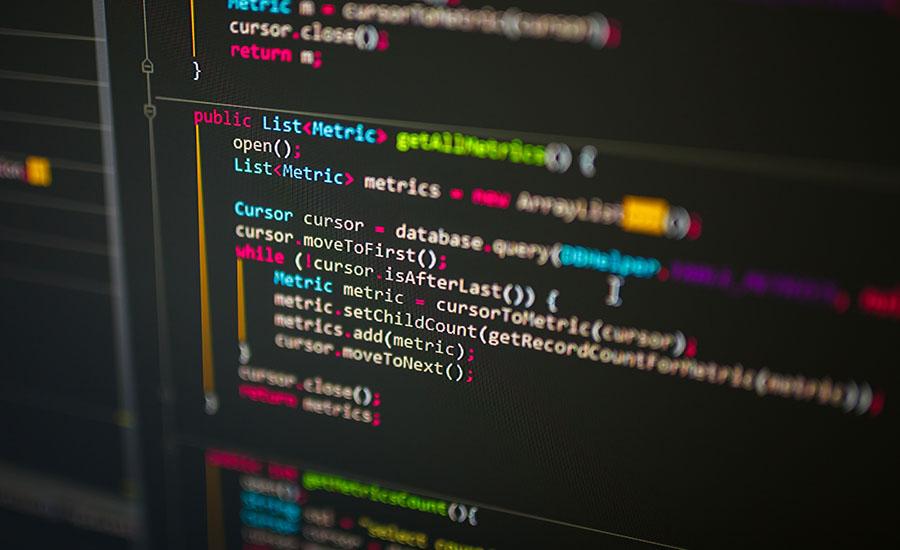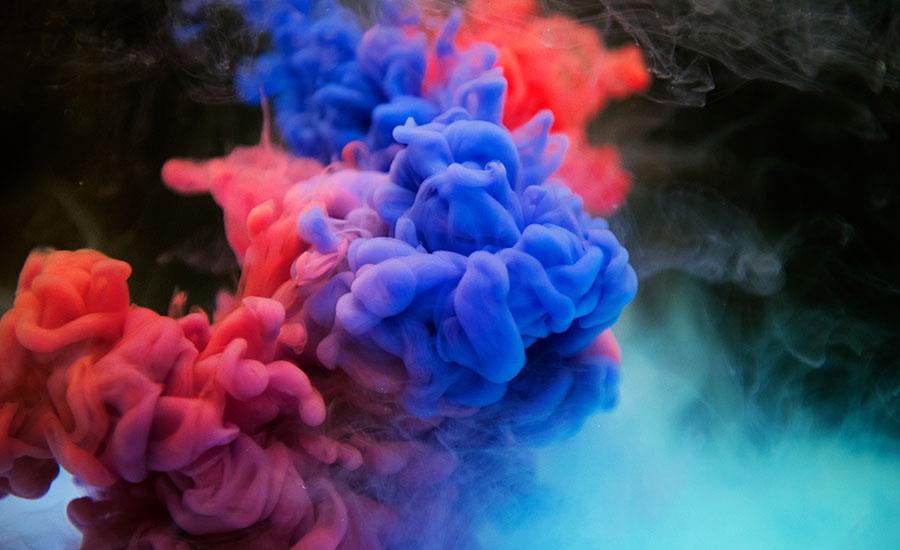This lesson serves as the introduction to an 8 lesson series or unit on simple machines. This series will present dozens of activities to introduce your students to simple machines, culminating in the
This is a junior high lesson on plant grafting that can be done in a classroom setting or with an after-school club such as botany. This lesson can be easily modified for any grade level. In this
Explore how cells can only be so big by studying how things move in and out of them, and discover why the size of a cell is connected to its surface area and volume.
This is a hands-on, collaborative lesson that allows the students to include art and presentation skills in the project. The students research various aspects of a selected planet and then presents
Students will build a paper marble run out of recycled paper which maximizes the time of travel. Students will then analyze the run with energy diagrams and determine how much energy was lost.
In this lab, we will be completing a set of tasks that will help us develop a better understanding of the formation and parts of both transverse and longitudinal waves.
Using the Sphero Bolts/Sparks to joust as a Medieval Knight. Students will understand the basics of Sphero Bolt and its programming environment.
This lesson teaches students what coding actually is and how it enables us to program robots to do specific tasks. Using a simulated coding activity, students will begin to understand how coding works
This lesson is an introduction to the Edison Robots and how they work with barcodes for coding. This lesson will give students the opportunity to become familar with the parts of the Edison as well as
This is an introduction to coding and computer science by way of making and design, using the revolutionary new micro:bit microcontroller board. The bootcamp lesson is designed to help everyone
This unit will pair the popular game of Minecraft with the United Nations Sustainable Development Goals to develop a safe community for refugees and countries in crisis. Throughout the unit, you will
Students will level up from player to designer to earn their publishing license... all through play! They will become experts in repairing, creating and publishing video games using the Gamestar
This lesson is to be used as a follow up activity when learning about the water cycle. Students are able to play a game either digitally or physically to demonstrate their own journey through the
Students will use the projects from lessons 2 and 3 to analyze the data of the electric cars they made. They will identify the variables in their cars and plan improvements to their designs.
This lesson uses the knowledge of circuits (lessons 1 and 2) to make a battery-powered car. We used a tutorial from Tinkercad and designed our own body of a car. Then, I printed their cars. They
This lesson shows how to make an electric car using a small motor and battery. Students created a car, attached a battery and on/off switch, and collected data. The data collection sheet is included
This lesson is an introduction to circuits. It teaches about what is a circuit and then applies what they learned in a variety of ways through centers. Then, they will apply what they learned about
This is a smaller part of a larger Digital Citizenship Unit. Students will spend time understanding the concept of a Digital Footprint and the long term consequences of a negative Digital Footprint
In this lesson, students will explore the different pigments in green plants using spinach leaves. Students will identify the pigments by doing a lab using paper chromatography. They will observe the
Students will create a Google slideshow presentation to document their progress through the engineering design process, which includes: researching the science of sound, then creating an instrument
Students will have fun building and testing with KidSpark observing and calculating forces such as load and effort.
The owl pellet dissection is an engaging lesson where students will be looking closely at regurgitated pellets and discovering energy transfer through the owl and their prey. Students will be creating
Radioactive Orbs
This lesson focuses on using the engineering design process and simple machines to design a device that the students can use to safely transport radioactive orbs across the span of 8 feet. Students
The math and research of hot cocoa. Students will find or use a teacher provided hot cocoa recipe and practice working with fractions to increase or decrease the recipe yield.
Featured Lesson Plans
Check out these notable lesson plans.

Math Magic through Coding!
In this 2nd grade STEM lesson, students will learn how symbols (directional arrows) can be used to program an object's movements. They will develop an algorithm using a sequential graphic organizer to

Intro to MS Make Code (Eat the Food)
MS MakeCode is the perfect stepping stone into the world of Scratch. Students will be able to create a working video game in one class period. As we all know classic video games were not built over

Kill the Dyes
In this lesson students will discover harmful effects and chemical makeups of artificial ingredients, specifically food coloring and red dyes. Students will experiment with and demonstrate capillary
